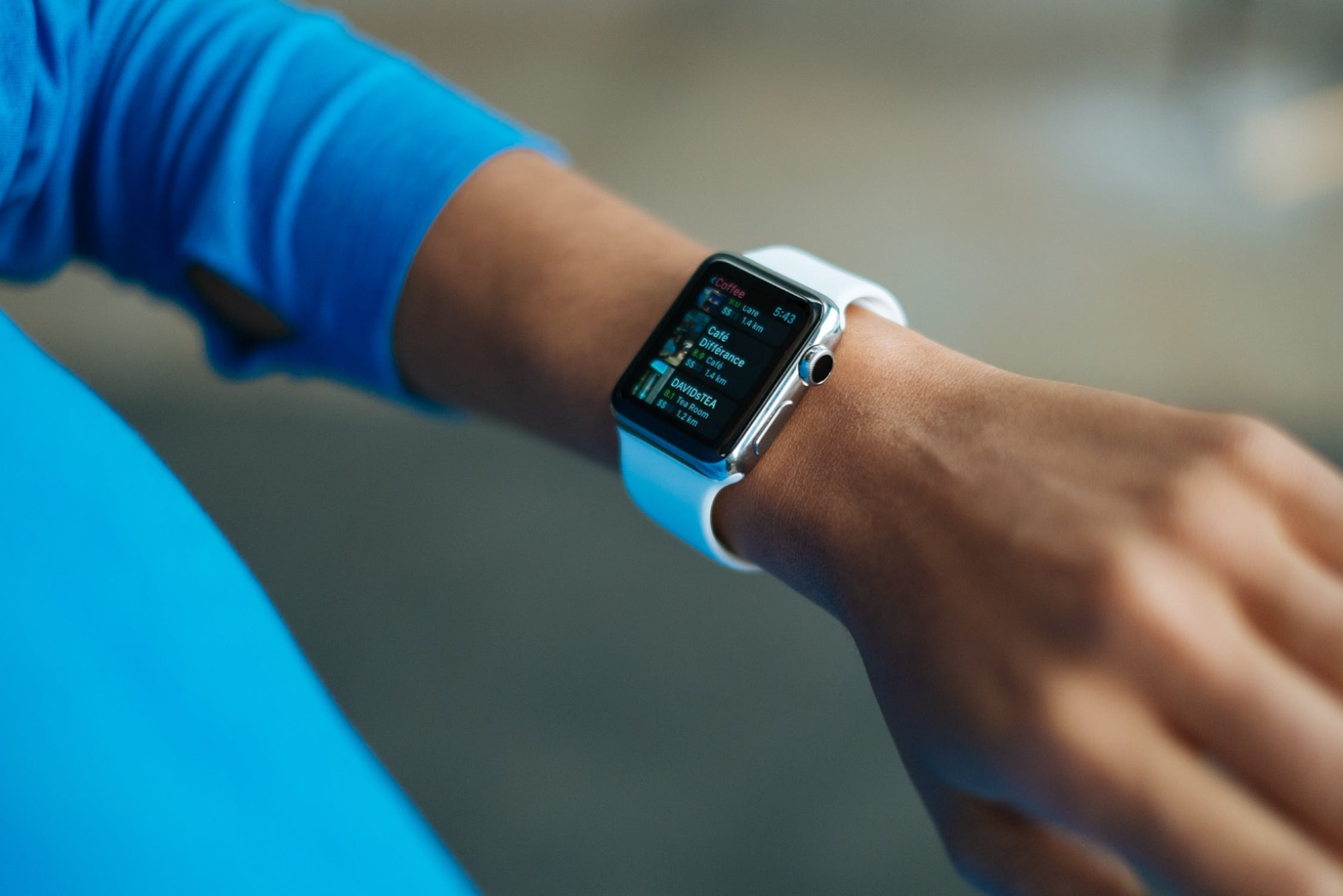What the Jetsons Can Tell Us About Work-Life Balance

The Jetsons premiered more than 50 years ago in 1962, but it actually revealed a modern truth. As the Smithsonian puts it, the show “had a profound impact on the way that Americans think and talk about the future.” And while the show was jam-packed with futuristic inventions to make life easier, George Jetson still punched the clock day in and day out at an exhausting job.
George’s plight might seem familiar to many of us. After all, we now have time-saving gadgets that make many daily chores easier, from robot vacs to voice-activated assistants. Previous generations might have imagined a futuristic life filled with leisure, the truth is a little darker. Rather than freeing people up to enjoy life more, it seems these time-saving devices might have helped push Americans to work more than any other nation.
Read on for ways to achieve a healthy work-life balance that goes hand-in-hand with our modern life.
Exercise is Key
We know that physical exercise is absolutely necessary for us to be at our optimal health—physically and mentally. Recently, experts have backed away from previous advice that only exercise sustained for ten minutes or longer “counted” for our health. The Telegraph reports that even very quick bursts of exercise can add up to better well-being. This means doing some jumping jacks during commercial breaks or even working out at your desk can be worthwhile.
In order to see those little minutes add up, it could help to have a device to track them. Luckily for us, a Jetsons-like gadget is available to do just that. A smart watch is like a fitness coach on your wrist. It can not only monitor your heart rate and track your steps, it can design workouts for you, track your awake and asleep data, and even stay with you in the shower if you do hit the gym. Most smart watches will also end subtle reminders to move throughout the day, keeps abreast of your activity day and night, and provides guided breathing sessions.
Setting Priorities Focuses Attention
There is no shortage of things demanding attention, and as Harvard Business Review points out, that constant influx of information and obligation comes with a cost. Every time you shift gears to tend those phone notifications and email popups, or to rush home to walk your pooch, it reduces your productivity and takes you out of the moment. Better efficiency can mean more downtime, but we have to make choices about what really matters most.
Once you set those priorities, decide what can be skipped completely and what still needs to be done. The things on the list that are necessary but not fulfilling should be automated or outsourced whenever possible.
This is another place where our futuristic technologies can step in to help. From delivery apps like Postmates that allow us to order in dinner with the touch of a button, to apps like Wag! that let us hire a dog walker in moments, there are plenty of ways to get work done without having to be the one to do it.
The Jetsons was a predictive television program despite being a cute cartoon. It knew that having more gadgets wouldn’t necessarily mean having more free time. If we want to make the technological advancements around us work for us, we’ll have to take matters into our own hands. Luckily, there are plenty of ways to use our devices to help us manage our stress rather than add to it.
Image courtesy of Pexels
